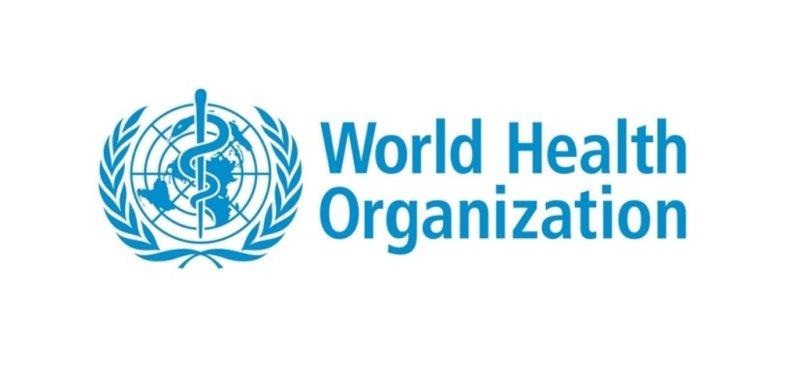
'I met several of the survivors in June when I visited Itipo, one of the affected areas. One survivor, Marie-Noel, spoke for the group and told me something I did not expect to hear: they were hungry.,' wrote Dr Tedros Adhanom Ghebreyesus in an article published by UN Information Center in Tehran.
'The people I met survived Ebola but remain very poor in a country facing internal conflict, mass population displacement, food insecurity, malnutrition, and multiple outbreaks of other infectious diseases.'
In the end, this outbreak took 29 lives, and left 24 survivors.
Ghebreyesus said, 'Ebola is more feared than most other diseases, but its toll is dwarfed by many other diseases that garner fewer headlines. Since the first outbreak in 1976, Ebola has killed over 11,000 people. Yet every year in the DRC, 300,000 children under 5 die from mainly preventable causes such as pneumonia, malaria and measles. The country now faces outbreaks of polio and cholera.'
He added, 'The best defense against deadly outbreaks is to invest in strong health systems that prevent, or detect and contain them early. In that sense, universal health coverage and keeping us all safe from health emergencies are two sides of the same coin. We need equity in global health, and this includes improving primary health care in vulnerable countries such as the DRC.
He wrote there are two things that need to be done: First, we have demonstrated that we can save lives and prevent outbreaks from spiraling out of control if we act early and decisively with WHO and the local health authorities providing strong leadership, the UN system working together, good coordination and collaboration between partners, and adequate funding from donors; and second, we need to go beyond the acute response and help countries strengthen their health systems. Country and regional preparedness for health emergencies is not what makes headlines- but it is what will keep us all safe from Ebola and other killer diseases.
9417**1771
Follow us on Twitter @IrnaEnglish
 solhkhabar | Peace International News Agency Peace International News Agency , Peace News , International Agency News of Peace
solhkhabar | Peace International News Agency Peace International News Agency , Peace News , International Agency News of Peace